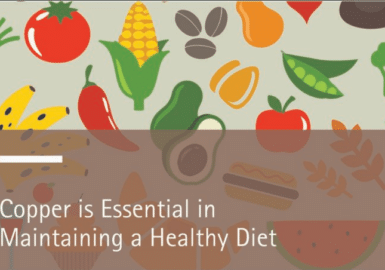Copper is an essential nutrient and, therefore, vital to the health of humans, animals and plants. Copper is needed for maintaining normal growth of the fetus during pregnancy, healthy brain functioning and repair of wounds and injuries.
Copper is not carcinogenic, mutagenic or a reproductive toxicant. The human body does not manufacture copper, so it needs to be obtained from food and water. Generally, the concentration of copper in food can be up to 2 milligrams per kilogram in red and organ meats, offal, fish, nuts, chocolate and green vegetables. Here is a list of ten foods that are rich in copper.
Copper deficiency, which is consuming too little dietary copper, can be of concern. Serious diseases ranging from blood and blood vessel abnormalities to abnormal bone formations and hypopigmentation of the skin may be attributed to copper deficiency.
Copper deficiency is a risk factor for osteoporosis, rheumatoid arthritis and heart disease. Even a mild deficiency can lower the immune system, resulting in frequent colds and flu, loss of skin tone, reproductive problems and fatigue.
While the recommended daily intake for copper is based on age and gender, the average dietary intakes range from 1–1.6 mg/day.
It’s important to understand the positive effects copper has on a human body and how copper helps the body.
Human Health Resources
Filter Resources
Copper, Iron, and Zinc – an Essential Trio for Health
A Public Service Series Publication from ICA’s Health and Environment Program...




